By Abdul Rashid Agwan
The Muslim Community is also bestowed with the specialty of Islamic social finance, based on such philanthropic institutions as Zakah, Saqdah and Awqaf, which is used and can also be effectively developed further for the alleviation of poverty in the Muslim world and also for addressing other social needs.
In this regard, a document published by the Islamic Research and Training Institute of IDB, in collaboration with Thomson Reuters, provides valuable information and in-depth analysis of a block of countries with sizable Muslim population. The said research work, Islamic Social Finance Report 2014, compiles and analyzes data regarding the state of Islamic social finance in Indonesia, India, Pakistan, Bangladesh, Malaysia, Singapore and Brunei Darussalam with an aggregate 45% of the Muslim population in the world.
According to the report, Zakah collection in these countries was like this: Indonesia $231.6 million (in 2012), India $1.5 billion (projected), Pakistan $105 million (in 2011), Malaysia $457 million (in 2011), Singapore $20.4 million (2012) and Brunei Darussalam $13.8 (2010). Thus, an amount of approximately $2.3 billion is being collected under the head of Zakah in these countries. This amount is generally used for the need-based help of poor and destitute, and also for the education and treatment of needy people. In India, a large share of the amount goes to the religious education of poor students studying in Islamic seminaries.
It has been noted from the World Bank Report 2009 that “although the share of South Asia’s poor people in Global poverty declined from 59.4 percent to 40.3 percent during 1981 to 2005, yet absolute number of poor people increased from 548 million to 596 million during the same period.” Thus, the situation is becoming acuter in spite of suitable measures and the Islamic social finance can be effectively used to meet the future economic challenge before the Muslims of the region.
Nasim Shah Shirazi and Md. Fouad Bin Amin have estimated that in 38 Muslim countries, leaving aside some rich ones, the potential of Zakah collection is in the order of $100 billion. The chairman of the Islamic Chamber of Commerce and Industry and a prominent Saudi businessman, Saleh Kamel, has estimated two years back that the total value of Zakah in Saudi Arabia should be SR1 trillion, i.e. around $270 billion. From the referred studies, it appears that Zakah potential of the Muslim community can be presumed as more than $400 billion from the present estimates and, if this amount is properly collected and distributed, it can remove many woes of the community, especially the rampant poverty in some Muslim countries and also in those where Muslims are in minorities.
In India, where 170 million Muslims comprise 14% of the population and face many kinds of hardships, the total Waqf properties are valued at $20 billion which can help the community in solving its critical problems such poverty, illiteracy and unemployment, provided they could be properly utilized. It is a matter of satisfaction that the Zakah management and the Waqf development have become serious social initiatives in many parts of the world for quite some time.
[Passages from Abdul Rashid Agwan’s latest book, Islam in 21st Century: The Dynamics of Change and Future-making]

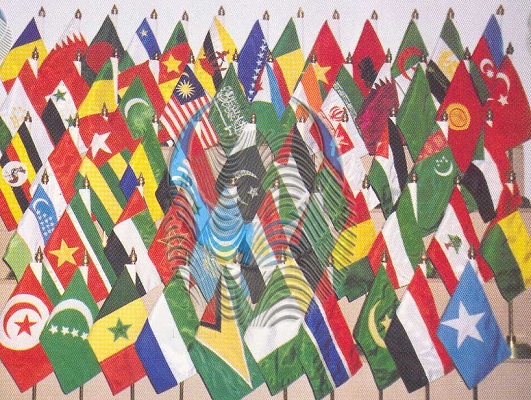
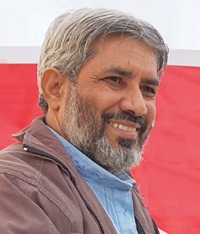
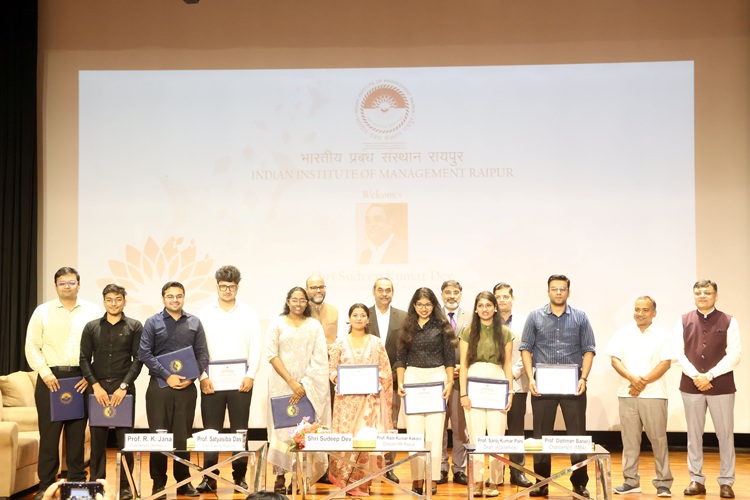

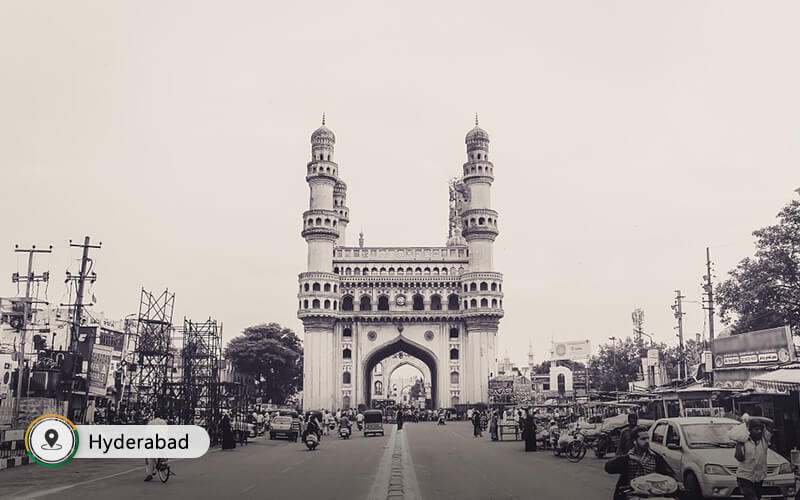
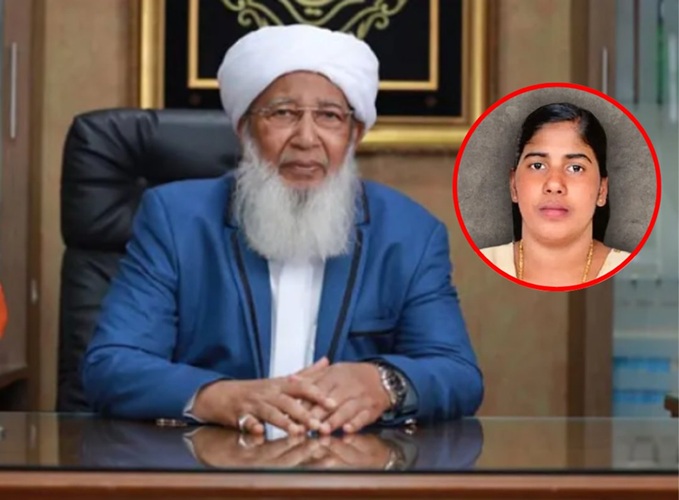
0 Comments